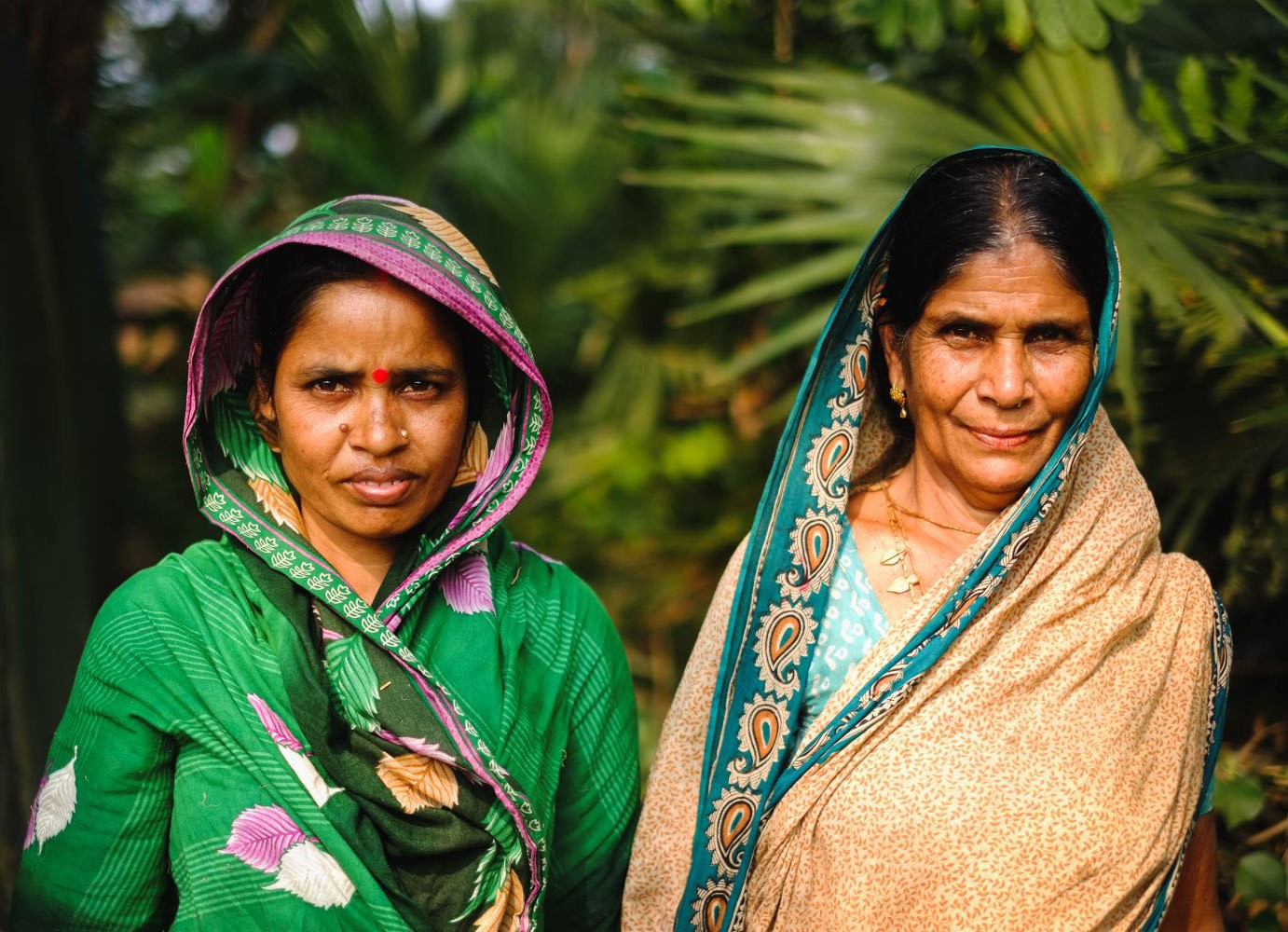Earlier this month, senior fellow Kim Elliott and I discussed ways to improve trade preference programs for the least developed countries (LDCs) with colleagues at the World Trade Organization, the United Nations, European Parliament, and British Parliament. What did we learn? Where do we go from here?1. Reforming rules of origin is a feasible first step toward achieving the Millennium Development Goal (MDG) of providing duty-free, quota-free market access for LDCs. Rules of origin—which govern where and how a commodity is made—weaken otherwise robust preference programs because many small, poor countries cannot produce all of the inputs necessary for a final product to be considered eligible. Unlike sweeping trade reforms, simplifying rules of origin in existing preference programs could be done quickly and unilaterally.The effects of two major preference programs demonstrate the impact of rules of origin on LDC exports. The European Union’s Everything But Arms (EBA) arrangement provides complete market access to LDCs (except for weapons and ammunition), but its rule for apparel requires that fabric be manufactured, cut, and assembled in the beneficiary country. In contrast, the U.S. rule under the African Growth and Opportunity Act (AGOA) allows countries to source fabric and other inputs globally, as long as the apparel is cut and sewn in the beneficiary country. As a result, apparel exports from African countries to the U.S. increased overall, while apparel exports to the EU in key sectors remained unchanged.The EU has been working to reform its rules of origin for several years, but bureaucratic processes and political complexities have won the day so far. Unfortunately, the EU cannot change the EBA program (which would be politically feasible) without correspondingly altering its Generalized System of Preferences (GSP). Our fingers are crossed that the upcoming UN MDG review summit and the Fourth UN Conference on the Least Developed Countries (LDC-IV) will add momentum to the current reform efforts. Delegates from the LDCs will likely collectively push for rules of origin reform at these events. Improving trade opportunities appears to be one area of consensus among the heterogeneous LDCs. 2. Trade reforms must be complemented by other development efforts to spur and sustain economic growth. Global trends in population growth, food costs, and climate change will affect LDC producers’ ability to make and export products. Several people we met with spoke of the need to address hunger and food security, and to improve and measure aid effectiveness. Kim Elliott shared some of the ideas from her new agricultural innovation working paper, and we are curious to see how the UK's new aid minister Andrew Mitchell might use the Cash on Delivery (COD) Aid approach, which would give recipients more control over aid spending by linking payments to specific outcomes.3. The world is looking for U.S. leadership on development issues. In Washington and abroad, people are waiting for clear direction from the Obama administration on America’s role in global development. Questions remain on how the U.S. will reform its foreign aid programs and strengthen its global development policy, including trade policies. The administration has launched two major development initiatives for food security and global health, but we're still waiting for the results from the Presidential Study Directive on U.S. Global Development Policy (PSD) and the Quadrennial Diplomacy and Development Review (QDDR).It was clear to me from our meetings last week that there is strong interest and appetite to improve trade opportunities for the least developed countries, even in the absence of a Doha Round conclusion. Movement and commitment from the U.S. would likely compound existing momentum in other countries and spur international action. The question now is whether the U.S. will lead on preference reform and whether the MDG summit in September and the LDC IV summit in May 2011 can facilitate progress on these ambitions.
2. Trade reforms must be complemented by other development efforts to spur and sustain economic growth. Global trends in population growth, food costs, and climate change will affect LDC producers’ ability to make and export products. Several people we met with spoke of the need to address hunger and food security, and to improve and measure aid effectiveness. Kim Elliott shared some of the ideas from her new agricultural innovation working paper, and we are curious to see how the UK's new aid minister Andrew Mitchell might use the Cash on Delivery (COD) Aid approach, which would give recipients more control over aid spending by linking payments to specific outcomes.3. The world is looking for U.S. leadership on development issues. In Washington and abroad, people are waiting for clear direction from the Obama administration on America’s role in global development. Questions remain on how the U.S. will reform its foreign aid programs and strengthen its global development policy, including trade policies. The administration has launched two major development initiatives for food security and global health, but we're still waiting for the results from the Presidential Study Directive on U.S. Global Development Policy (PSD) and the Quadrennial Diplomacy and Development Review (QDDR).It was clear to me from our meetings last week that there is strong interest and appetite to improve trade opportunities for the least developed countries, even in the absence of a Doha Round conclusion. Movement and commitment from the U.S. would likely compound existing momentum in other countries and spur international action. The question now is whether the U.S. will lead on preference reform and whether the MDG summit in September and the LDC IV summit in May 2011 can facilitate progress on these ambitions.
CGD blog posts reflect the views of the authors, drawing on prior research and experience in their areas of expertise.
CGD is a nonpartisan, independent organization and does not take institutional positions.


 2. Trade reforms must be complemented by other development efforts to spur and sustain economic growth. Global trends in population growth, food costs, and climate change will affect LDC producers’ ability to make and export products. Several people we met with spoke of the need to address hunger and food security, and to improve and measure aid effectiveness. Kim Elliott shared some of the ideas from her new agricultural innovation
2. Trade reforms must be complemented by other development efforts to spur and sustain economic growth. Global trends in population growth, food costs, and climate change will affect LDC producers’ ability to make and export products. Several people we met with spoke of the need to address hunger and food security, and to improve and measure aid effectiveness. Kim Elliott shared some of the ideas from her new agricultural innovation 


